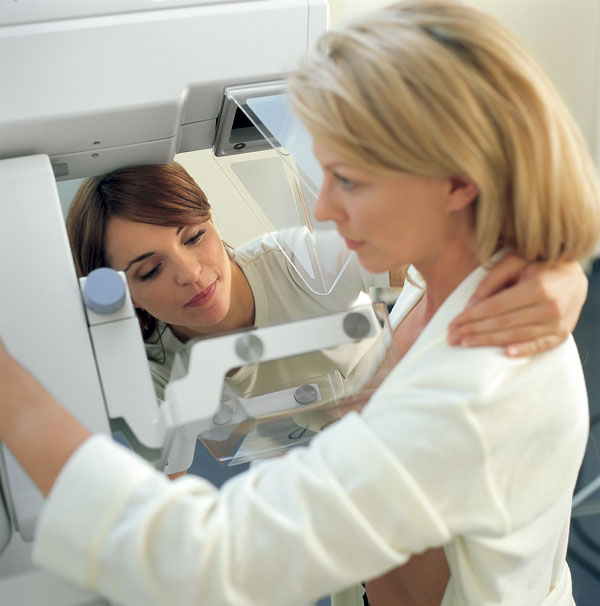- Mammography in Women under 50
- Prostate Cancer Screening
- American Diabetes Association Revises Diabetes Guidelines
- Calcium Supplements May Increase Heart Risk

Mammography in Women under 50
On January 6, 2010, the American College of Radiology and the Society of Breast Imaging directly contradicted 2009 recommendations from the USPSTF calling for an end to routine mammography in women younger than 50 years.
For more information: Breast Cancer Resource Center
Prostate Cancer Screening
The advent of better tests — such as prostate-specific antigen (PSA) screening — can in some cases save lives with early treatment. However, these tests can also pose new dilemmas, as the American Cancer Society (ACS) emphasized on March 3 when it updated its prostate cancer screening guidelines. The test picks up benign disease in addition to cancer, and it can't distinguish between aggressive and mild forms of the disease, the ACS pointed out. In some cases, PSA screening has led to expensive and invasive treatments in patients who might never have experienced symptoms. So the ACS is calling on physicians to spend more time counseling patients about their options (despite the difficulty of billing for such counseling).
American Diabetes Association Revises Diabetes Guidelines
Calcium Supplements May Increase Heart Risk
A large study found that calcium supplements taken without vitamin D may increase the risk for heart attack by as much as 30%. Researchers reported the finding online July 29 in the BMJ, based on their meta-analysis of 15 randomized trials with up to 11,921 participants. Most guidelines for osteoporosis currently recommend the supplements, despite relatively small benefits in bone health, but senior author Dr. Ian R. Reid, from the University of Auckland in New Zealand, said that in most cases, "discontinuation of calcium would seem appropriate." The study raised many questions, such as why calcium could have this effect during a relatively short period of time. Pending further research, some experts advised eating foods high in calcium rather than taking supplements.
despite relatively small benefits in bone health, but senior author Dr. Ian R. Reid, from the University of Auckland in New Zealand, said that in most cases, "discontinuation of calcium would seem appropriate." The study raised many questions, such as why calcium could have this effect during a relatively short period of time. Pending further research, some experts advised eating foods high in calcium rather than taking supplements.


No comments:
Post a Comment